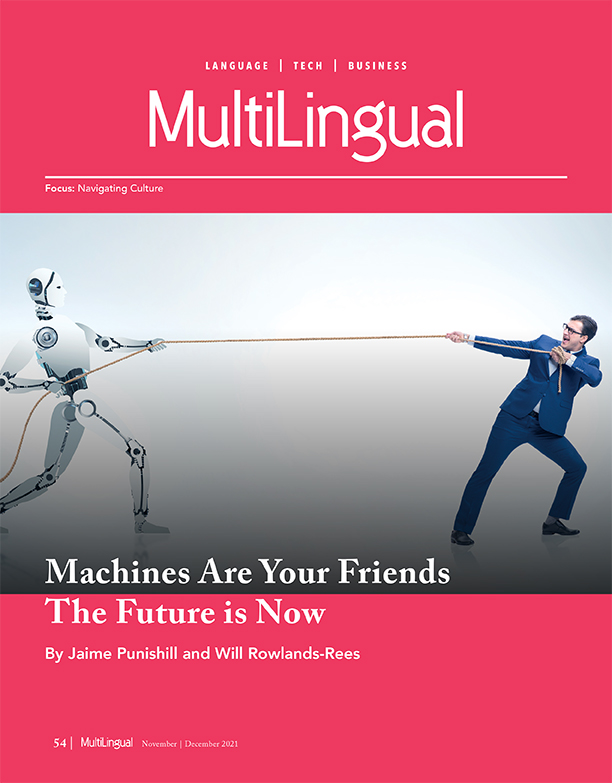- WHAT WE DO
- AI

- Industries

Content Services
- Technical Writing
- Training & eLearning
- Financial Reports
- Digital Marketing
- SEO & Content Optimization
Translation Services
- Video Localization
- Software Localization
- Website Localization
- Translation for Regulated Companies
- Interpretation
- Instant Interpreter
- Live Events
- Language Quality Services
Testing Services
- Functional QA & Testing
- Compatibility Testing
- Interoperability Testing
- Performance Testing
- Accessibility Testing
- UX/CX Testing
Solutions
- Translation Service Models
- Machine Translation
- Smart Onboarding™
- Aurora AI Studio™
Our Knowledge Hubs
- Positive Patient Outcomes
- Modern Clinical Trial Solutions
- Future of Localization
- Innovation to Immunity
- COVID-19 Resource Center
- Disruption Series
- Patient Engagement
- Lionbridge Insights
Life Sciences
- Pharmaceutical
- Clinical
- Regulatory
- Post-Approval
- Corporate
- Medical Devices
- Validation and Clinical
- Regulatory
- Post-Authorization
- Corporate
Banking & Finance
Retail
Luxury
E-Commerce
Games
Automotive
Consumer Packaged Goods
Technology
Industrial Manufacturing
Legal Services
Travel & Hospitality
SELECT LANGUAGE:
The New Age of an AI-Powered Localization Industry
If you’re asking whether AI can produce translations that are equivalent to human translations, you’re asking the wrong the question. Instead, Lionbridge leaders challenge you to examine AI in a wider context—like how it can help produce content in low-resource languages, among other initiatives, to build cultural bridges.
As the localization industry enters a new technology-driven shift powered by AI, Lionbridge anticipates the ability to scale to meet demand, but only if we think differently about things like quality.
Thanks to major advances in artificial intelligence (AI), we’ve arrived at the next key inflection point that will cause tremendous change, disruption for many and tremendous opportunity for those who recognize and capitalize on it.
Read this article, which is cross-posted from the November/December issue of multilingual.com, to learn how AI will help the language industry further achieve the goal it has had all along—to enable people to connect, communicate, and conduct business globally.



